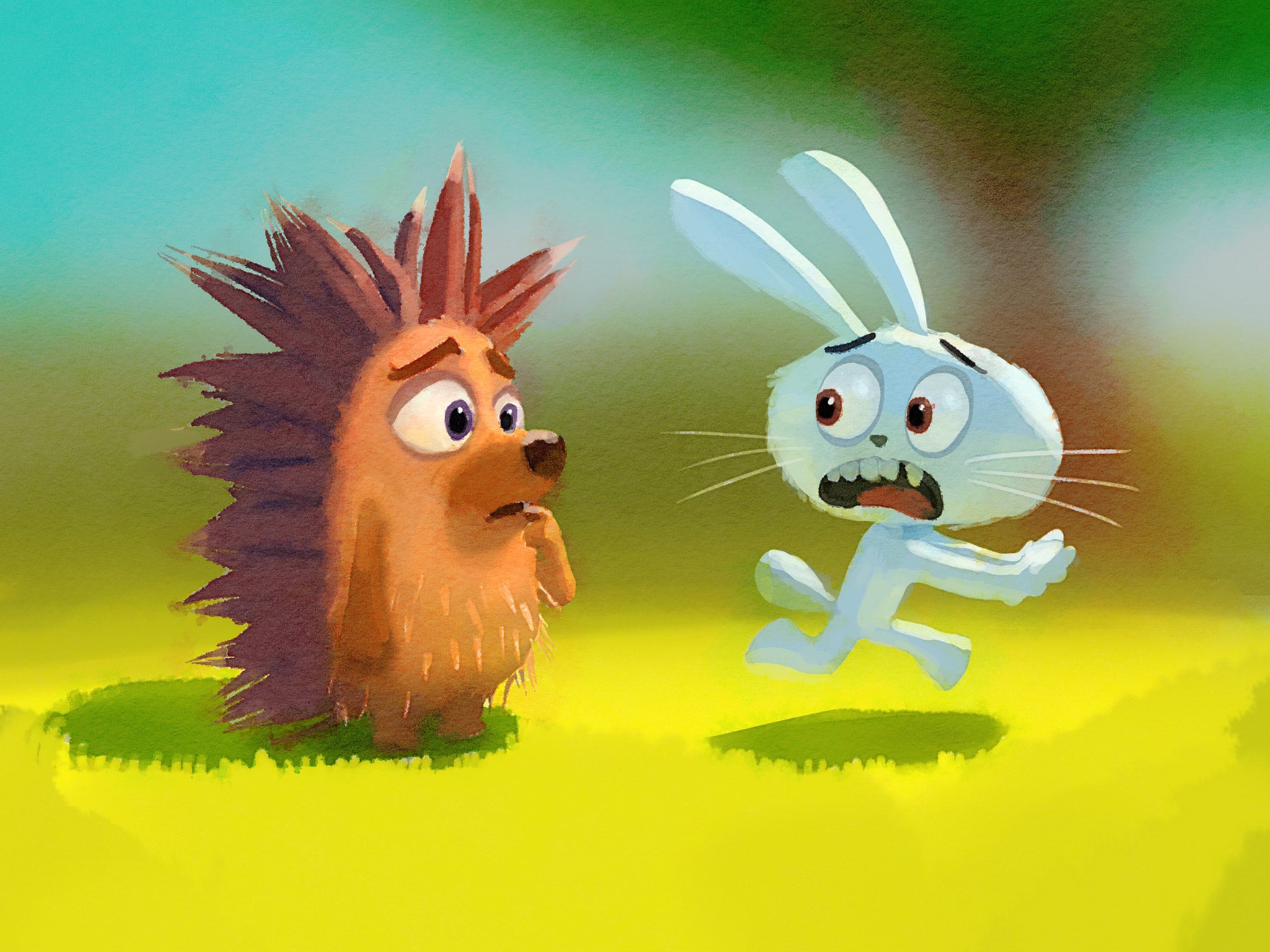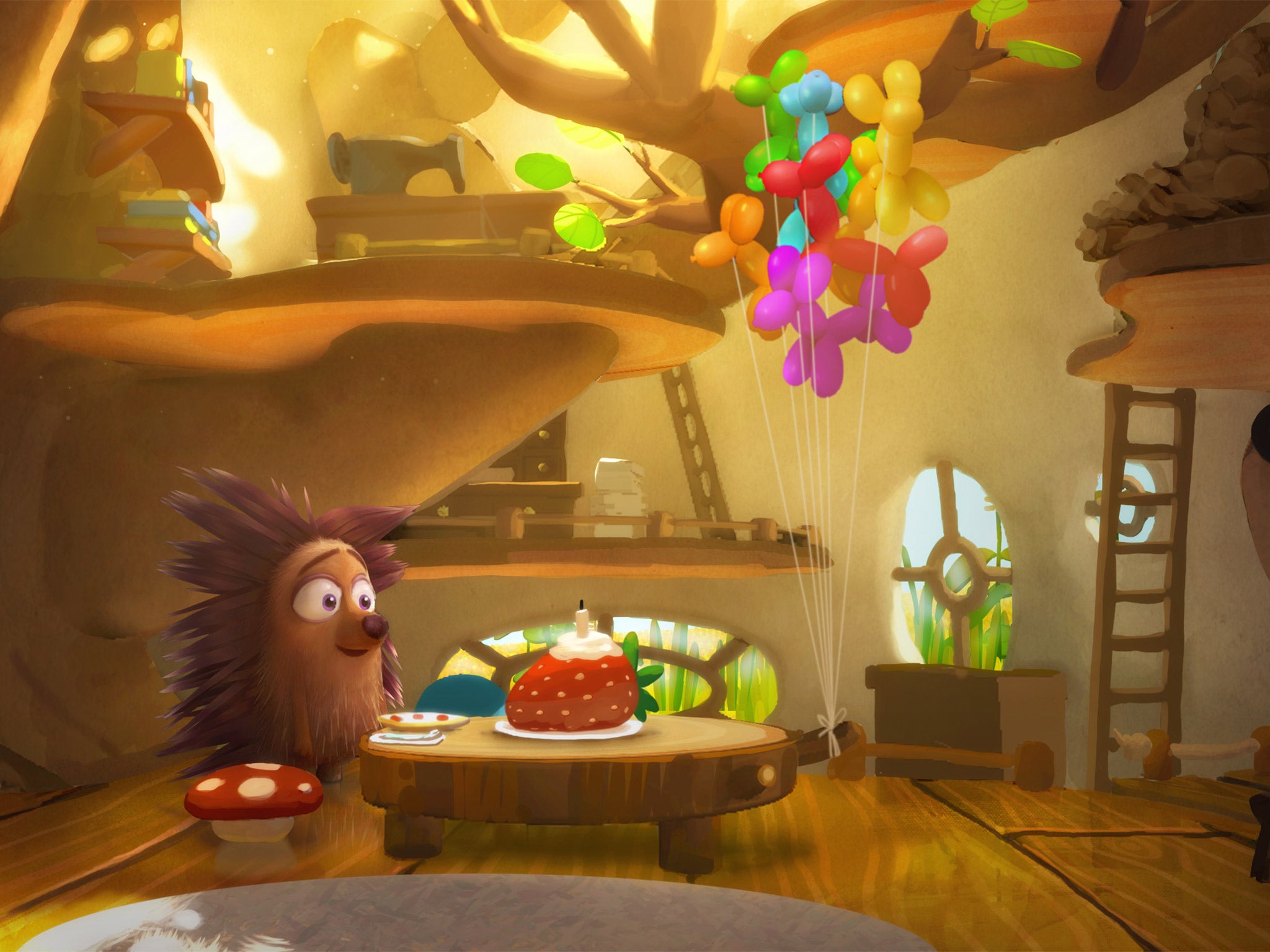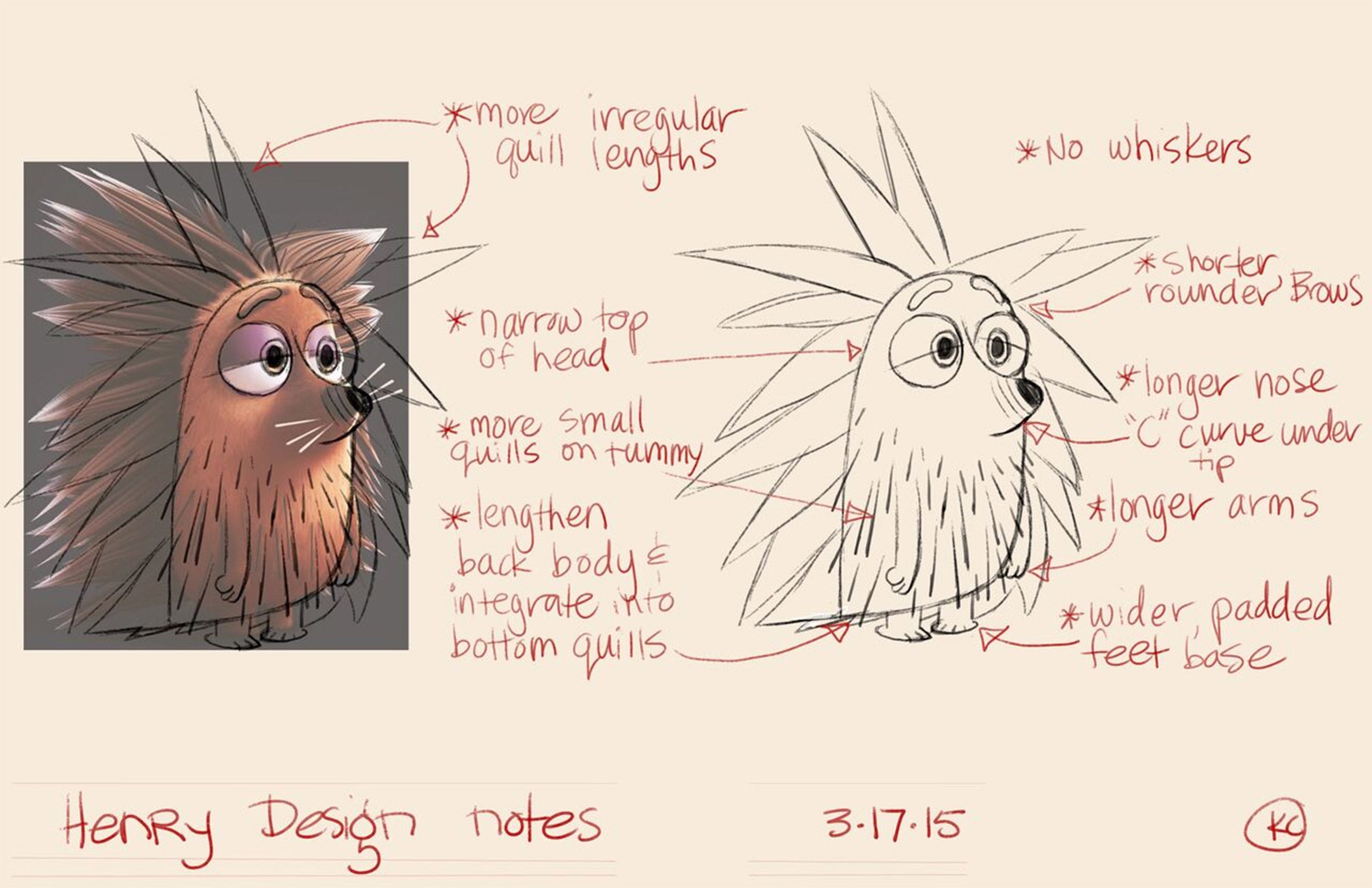Oculus Rift and the lonely cartoon hedgehog who could become the first ever virtual reality movie star
VR is the 'next chapter' of entertainment. Tim Walker gives it a try

Your support helps us to tell the story
From reproductive rights to climate change to Big Tech, The Independent is on the ground when the story is developing. Whether it's investigating the financials of Elon Musk's pro-Trump PAC or producing our latest documentary, 'The A Word', which shines a light on the American women fighting for reproductive rights, we know how important it is to parse out the facts from the messaging.
At such a critical moment in US history, we need reporters on the ground. Your donation allows us to keep sending journalists to speak to both sides of the story.
The Independent is trusted by Americans across the entire political spectrum. And unlike many other quality news outlets, we choose not to lock Americans out of our reporting and analysis with paywalls. We believe quality journalism should be available to everyone, paid for by those who can afford it.
Your support makes all the difference.A lonely cartoon hedgehog named Henry could herald the future of storytelling by becoming the first ever virtual reality (VR) movie star, say the creators of a ground-breaking new short film. Henry, the second animated short by VR film-makers Oculus Story Studio, was unveiled on Tuesday at an invitation-only event at a mansion in Beverly Hills.
Henry, the film’s eponymous hero, has difficulty making friends because he hugs everyone he meets – which, given that he’s a hedgehog, lacks the desired effect. Directed by Ramiro Lopez Dau and narrated by Elijah Wood, the dialogue-free 10-minute film all takes place in Henry’s home on the day of his poorly attended birthday party.
Guests at the Beverly Hills event were each invited to don an Oculus Rift VR headset to view the short: a single, minutely detailed 360-degree “shot”, with an emotional tug that the film-makers hope is far more forceful than anything set in plain old 2- or 3-D.
Story Studio was founded by Mr Unseld, fellow Pixar veteran Max Planck and British entrepreneur Edward Saatchi, son of Maurice Saatchi. Early last year, the trio joined forces with Oculus, the firm behind the Rift VR headset, which was acquired by Facebook for $2bn (£1.3bn) in March 2014. Henry and several other Story Studios VR projects will be bundled with the Rift when it is finally released to consumers sometime in 2016. Oculus founder Palmer Luckey has said he expects between 10 and 20 pieces of VR content to be available for the Rift when it launches.
The Story Studio team currently consists of fewer than 20 people, compared to Pixar’s 1,200-plus employees, but Oculus hopes that in the long run its film-making division could prove similarly influential. Its first VR short, Lost, a mood piece directed by Mr Unseld, was shown at the Sundance Film Festival in January. The studio is currently at work on two more short animated VR films, Bullfighter and Dear Angelika, for which Mr Unseld is collaborating with the Canadian graphic novelist Jillian Tamaki.

Mr Unseld said he and his fellow creatives are still experimenting with the VR medium, and that the a VR feature film is probably still a far-off prospect.
“We feel like we know so little right now about what works and what doesn’t, that setting out to do a feature now would be like doing a feature film before you’d even started film school,” he said. Outlining his ambitions for the medium, Mr Saatchi compared VR movies to the work of the celebrated immersive theatre company Punchdrunk, and the popular narrative video game Last Of Us.
“This new medium will be a fairly equal mix of immersive theatre, narrative gaming and cinema,” he said. “A fully reactive world where you are a co-storyteller, where you can interact with the environment and feel completely present with the characters.”

Oculus has pioneered a new wave of VR platforms including the HTC Vive, Samsung Gear VR and Sony’s Project Morpheus, and there are several other firms dedicated to creating cinematic VR content like that of Story Studio, such as Felix & Paul and Jaunt. Yet Story Studio’s core aim, said Mr Saatchi, is not to bury its box office rivals, but to encourage the competition.
“The mission of Story Studio is to inspire and educate,” he said. “To inspire by making cool movies, to educate by sharing everything we learn. Story Studio fails if we’re the only people making VR movies. It’s all about seeding that industry.”
Join our commenting forum
Join thought-provoking conversations, follow other Independent readers and see their replies
Comments